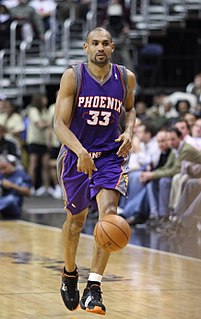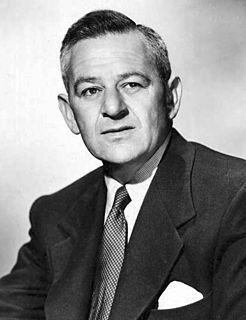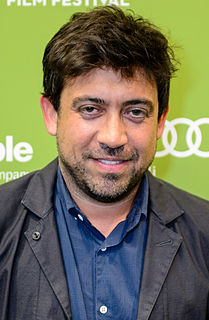A Quote by Michael Sheen
We see death constantly on film.
Quote Topics
Related Quotes
Film is more than the twentieth-century art. It's another part of the twentieth-century mind. It's the world seen from inside. We've come to a certain point in the history of film. If a thing can be filmed, the film is implied in the thing itself. This is where we are. The twentieth century is on film. You have to ask yourself if there's anything about us more important than the fact that we're constantly on film, constantly watching ourselves.
Beauty consists of its own passing, just as we reach for it. It’s the ephemeral configuration of things in the moment, when you see both their beauty and their death. ...Does this mean that this is how we must live our lives? Constantly poised between beauty and death, between movement and its disappearance? Maybe that’s what being alive is all about: so we can track down those moments that are dying.
Birth leads to death, death precedes birth. So if you want to see life as it really is, it is rounded on both the sides by death. Death is the beginning and death is again the end, and life is just the illusion in between. You feel alive between two deaths; the passage joining one death to another you call life. Buddha says this is not life. This life is dukkha - misery. This life is death.
What is earthly happiness? that phantom of which we hear so much, and see so little; whose promises are constantly given and constantly broken, but as constantly believed; that cheats us with the sound instead of the substance, and with the blossom instead of the fruit. Like Juno, she is a goddess in pursuit, but a cloud in possession.




































